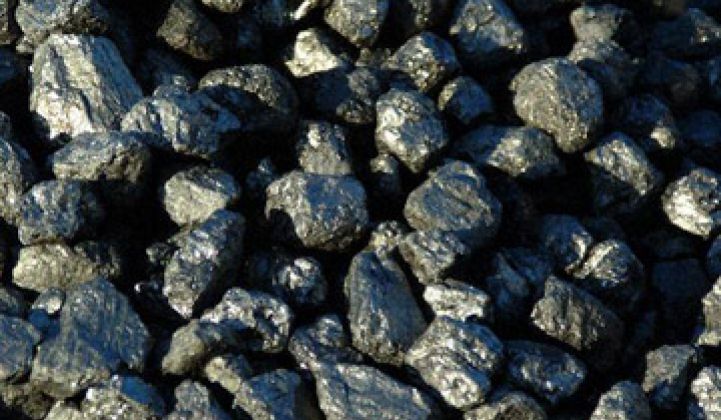Several startups have tapped the power of microbes to produce biofuels, synthetic rubber, organic pesticide and chemicals.
Ciris Energy says it will harness biology to clean coal.
The company -- which raised a second round today -- says it has come up with a way to convert coal into natural gas through a biochemical conversion. Presumably that means it has devised a process that combines traditional industrial chemical techniques (high-pressure cooking) and biology (introducing microbes or enzymes to break down molecules.) Through the process of natural selection, biological agents have devised fairly complex and efficient ways to break apart molecules: call it the magic of metabolism. The drawback is that is that it is difficult to produce large quantities of materials with biological means alone. Combining both disciplines, ideally, will yield the best results.
Ineos Bio, Zeachem and Coskata have taken a mixed approach like this in biofuels. (Meanwhile, Synthetic Genomics has a superbug that can help increase the pressure in semi-depleted gas wells.)
Ciris also says it can produce natural gas in situ, or without mining. Laurus Energy is taking a similar approach: it burns coal in underground seams to convert it to a natural gas. Converting coal underground keeps particulate matter out of the air. Natural gas contains about half of of the carbon dioxide of coal and lacks the trace elements like mercury.
The question hanging over Ciris, perhaps, is the cost of natural gas. It is getting cheaper all the time and will likely impact the growth of wind and other alternative energy technologies. Natural gas is expected to grow from providing 21 percent of electricity in the U.S. now to 40 percent in 2035, according to Black and Veatch. This sort of technology could be a hit in countries with more coal than gas, like China or India. But it could be a tough sell in the U.S. or Russia -- or to any country that has relations with Iran or Qatar.
Khosla Ventures is a new investor in the company. The firm has also plunked money into GreatPoint Energy, which says it can convert coal to natural gas through catalysts. GreatPoint, however, is one of those companies in green tech that's been on the verge of becoming a big deal for six or seven years running.
Other coal notes: in the recent tax bill, a provision gives a 50-cent-a-gallon subsidy to those producing liquid fuels from coal. It's generally an inefficient, dirty process. Accelergy says it has a way to produce jet fuels from coal, but the tax breaks are mostly focused on car fuel. We will have to see who comes out of the woodwork to take advantage of this dubious credit.



